Introduction
In a case that has garnered significant attention and sparked debates over the boundaries of executive privilege and congressional oversight, Peter Navarro, a former White House adviser to President Donald Trump, found himself at the center of a legal battle. His refusal to comply with a subpoena issued by the House committee investigating the January 6th Capitol attack has culminated in a Peter Navarro sentence that carries substantial consequences.
The Peter Navarro sentence has reignited discussions about the delicate balance of power between the executive and legislative branches and the importance of upholding the rule of law and maintaining the integrity of congressional investigations. This article delves into the details of the case, the legal proceedings, and the broader implications of the Peter Navarro sentence.
The January 6th Committee and the Subpoena for Peter Navarro
In the wake of the January 6, 2021, insurrection at the United States Capitol, the House of Representatives established a select committee to investigate the events surrounding the attack and the role played by various individuals and entities. As part of its probe, the committee issued subpoenas to several former Trump administration officials, including Peter Navarro.
Peter Navarro, who served as the Director of the Office of Trade and Manufacturing Policy during the Trump administration, was subpoenaed by the committee in February 2022. The committee sought testimony and documents about his involvement in efforts to overturn the 2020 presidential election results.
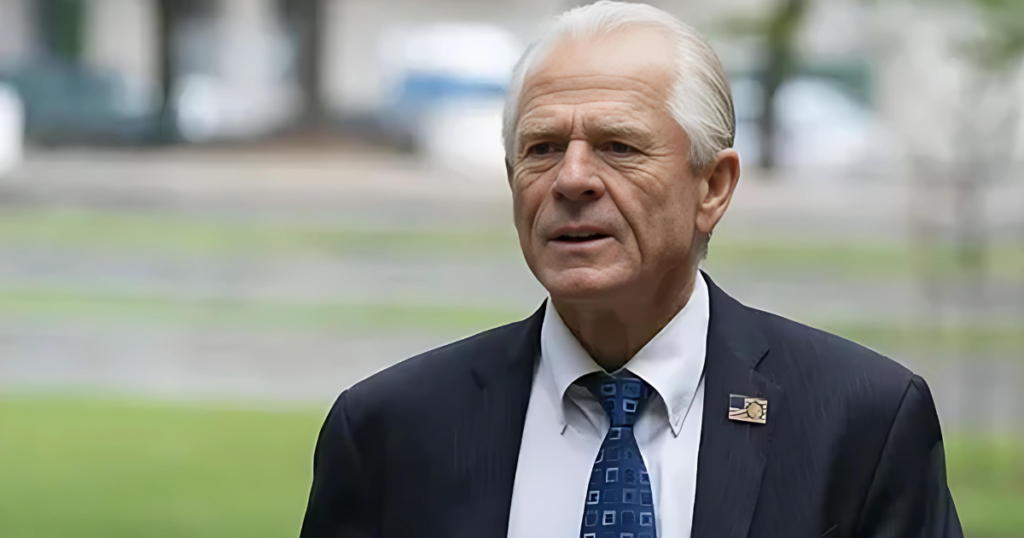
Despite repeated requests and warnings from the committee, Navarro refused to comply with the subpoena, citing executive privilege and his constitutional right against self-incrimination. This defiance set the stage for a legal battle culminating in the Peter Navarro sentence.
The Criminal Contempt Charges and Court Proceedings
In a rare move, the House of Representatives voted to hold Peter Navarro in criminal contempt of Congress for his refusal to comply with the subpoena. This decision paved the way for the Department of Justice to bring charges against him.
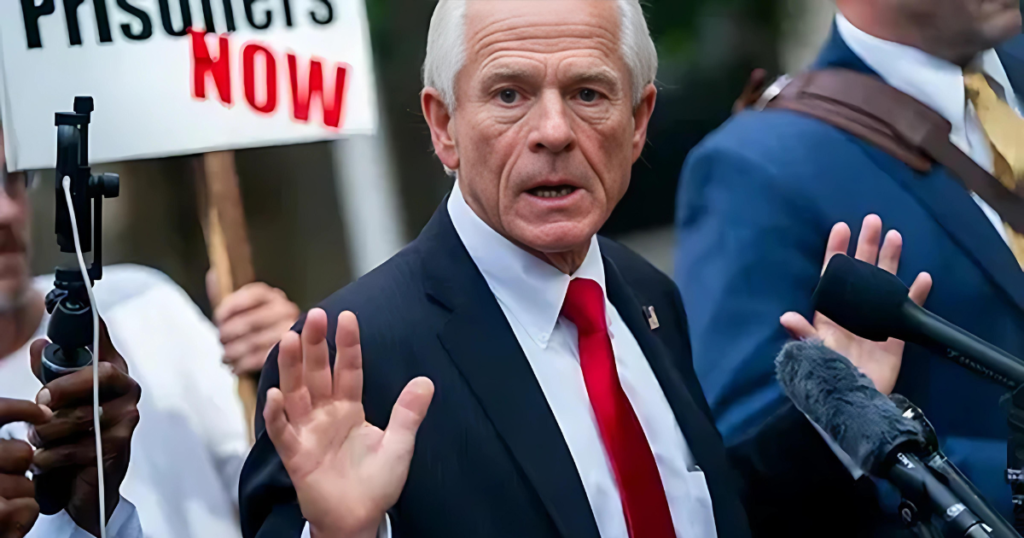
On June 3, 2022, Navarro was indicted on two counts of criminal contempt of Congress. The charges alleged that he willfully failed to appear for a deposition and produced no records or documents in response to the subpoena.
The case proceeded to trial, where prosecutors argued that Navarro’s actions directly challenged Congress’ authority and undermined the investigative process. On the other hand, the defense maintained that Navarro was following the guidance of former President Trump, who had invoked executive privilege over certain communications and documents.
After a highly publicized trial, a federal jury found Navarro guilty on both counts of criminal contempt of Congress in November 2022.
The Peter Navarro Sentence: Implications and Debates
On June 2, 2023, Judge Amit P. Mehta of the U.S. District Court for the District of Columbia handed down Peter Naviarro’s sentence, sending him to four months in prison and a $10,000 fine.
The Peter Navarro sentence has sparked debates and discussions across various spheres, including legal experts, political analysts, and civil rights advocates.
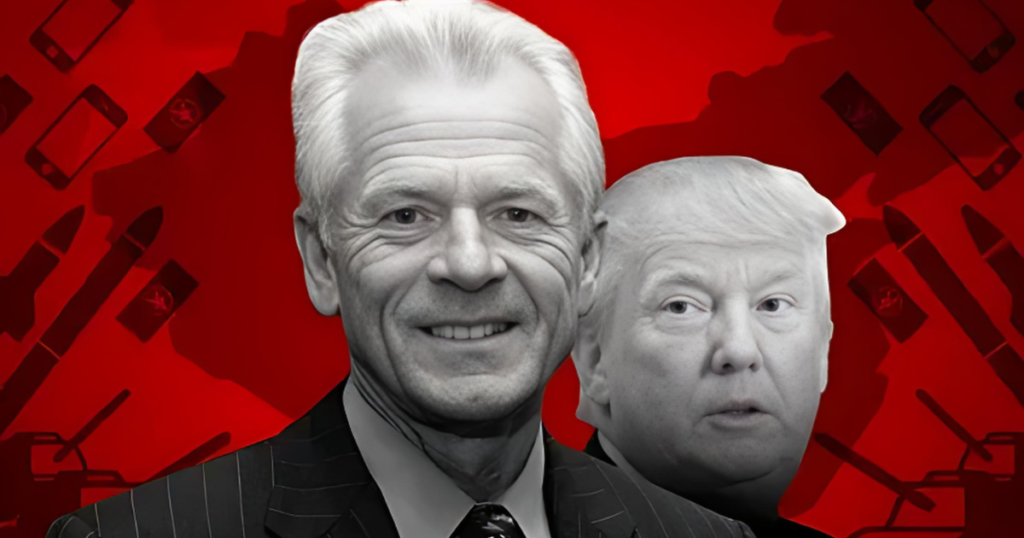
The Deterrent Effect and Accountability
Supporters of the Peter Navarro sentence argue that it serves as a deterrent against future instances of defiance and obstruction of congressional investigations. By imposing consequences on those who refuse to cooperate with lawful subpoenas, the judicial system reinforces Congress’s authority and upholds the principle of accountability.
Critics contend that the Peter Navarro sentence sets a dangerous precedent and could chill the free flow of information and open discourse between the executive and legislative branches.
Executive Privilege and Congressional Oversight
The case of Peter Navarro has reignited discussions about the boundaries of executive privilege and the extent to which congressional oversight can probe into the internal workings of the executive branch.
While the executive branch has the right to protect certain sensitive information and communications, critics argue that the sweeping invocation of executive privilege can obstruct legitimate congressional inquiries and undermine the system of checks and balances.
Proponents of the Peter Navarr sentence assert that allowing individuals to defy congressional subpoenas without consequence would effectively neuter Congress’s oversight powers and undermine the separation of powers enshrined in the Constitution.
The Role of the Department of Justice
The Department of Justice’s decision to prosecute Peter Navarro has also been subject to scrutiny and debate. Some argue that the department acted appropriately in upholding the rule of law and enforcing Congress’s authority.
Others, however, contend that Navarro’s prosecution was politically motivated and set a concerning precedent for the use of criminal charges against individuals who assert executive privilege or invoke their constitutional rights.
These debates highlight the complex interplay between the executive and legislative branches and the delicate balance that must be maintained to preserve the integrity of the democratic system and the rule of law.
The Aftermath and Ongoing Legal Battles
The Peter Navarro sentence marks a significant milestone in the legal saga surrounding the January 6th investigation, but it is unlikely to be the final chapter. Navarro has vowed to appeal his conviction and sentence, setting the stage for further legal battles and potentially higher court rulings that could shape the boundaries of executive privilege and congressional oversight.
Additionally, the House committee’s investigation into the events of January 6 remains ongoing, with the potential for more subpoenas and legal challenges as the probe unfolds.
Conclusion
The Peter Navarro sentence represents a significant moment in the ongoing legal and political battles surrounding the January 6th Capitol attack investigation. While the sentence has substantial consequences for Navarro, its broader implications extend beyond this individual case.
The debates and discussions sparked by the Peter Navarro sentence highlight the delicate balance between the executive and legislative branches’ powers and the critical role of congressional oversight in maintaining the system of checks and balances that underpins American democracy.
At DIGITAL NEWS PLANET, these issues are paramount and deserve thoughtful analysis and informed discourse. As the legal battles unfold, we remain committed to providing objective and comprehensive coverage, ensuring our readers have the knowledge and insights.
-
Q: What was Peter Navarro charged with?
A: Peter Navarro was charged with two counts of criminal contempt of Congress for failing to comply with a subpoena issued by the House committee investigating the January 6th Capitol attack.
-
Q: What was the reasoning behind Navarro’s refusal to comply with the subpoena?
A: Navarro cited executive privilege and his constitutional right against self-incrimination as the reasons for his non-compliance with the subpoena.
-
Q: What was the outcome of Navarro’s trial?
A: After a highly publicized trial, a federal jury found Peter Navarro guilty on both counts of criminal contempt of Congress in November 2022.
-
Q: What was the sentence handed down to Peter Navarro?
A: On June 2, 2023, Judge Amit P. Mehta sentenced Peter Navarro to four months in prison and a $10,000 fine for his contempt of Congress convictions.
-
Q: What are the broader implications of the Peter Navarro sentence?
A: The Peter Navarro sentence has reignited debates about the boundaries of executive privilege, the extent of congressional oversight, and the delicate balance of power between the executive and legislative branches. It also raises questions about the Department of Justice’s role in prosecuting such cases.
-
Q: What legal challenges or appeals are expected in the aftermath of the sentence?
A: Peter Navarro has vowed to appeal his conviction and sentence, setting the stage for further legal battles and potentially higher court rulings that could shape the boundaries of executive privilege and congressional oversight.

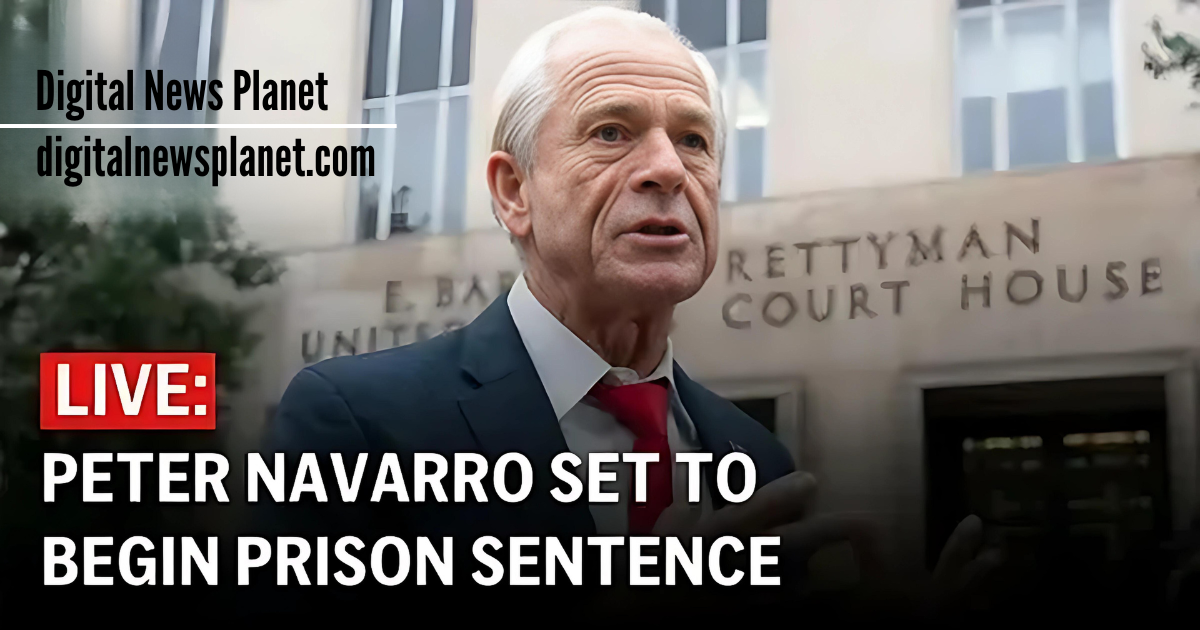

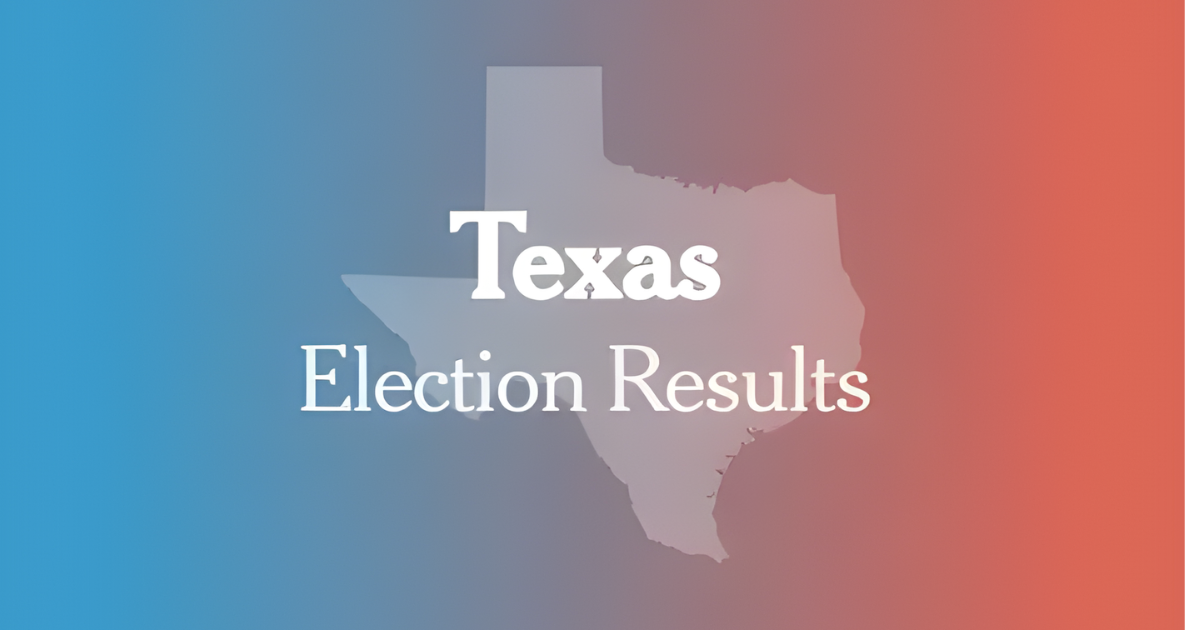
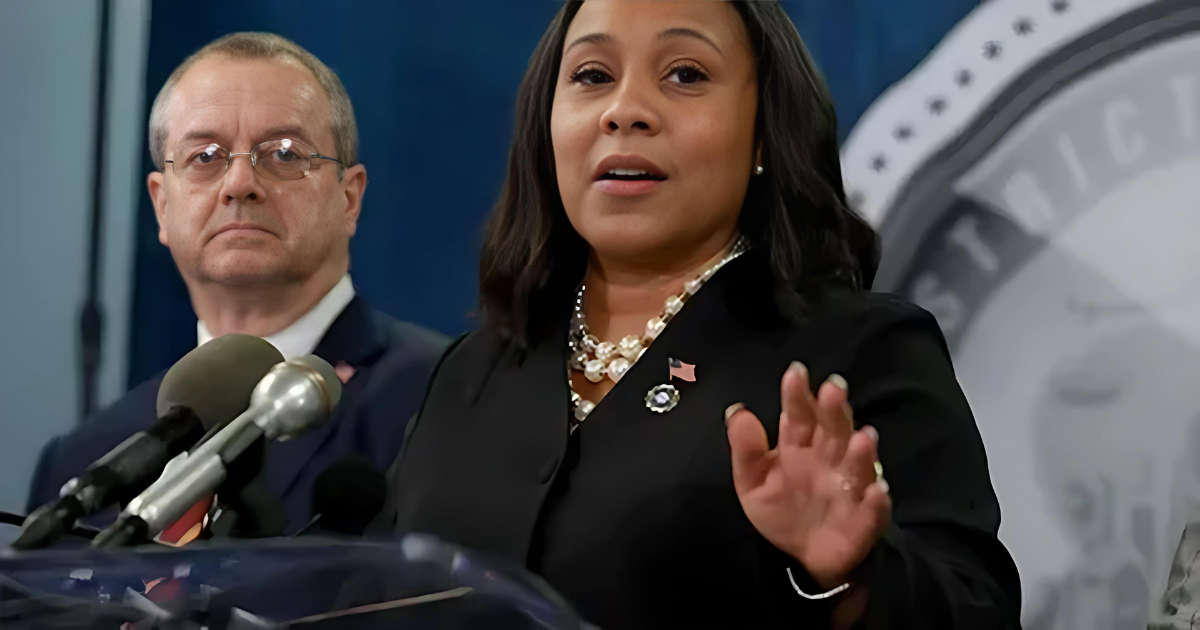
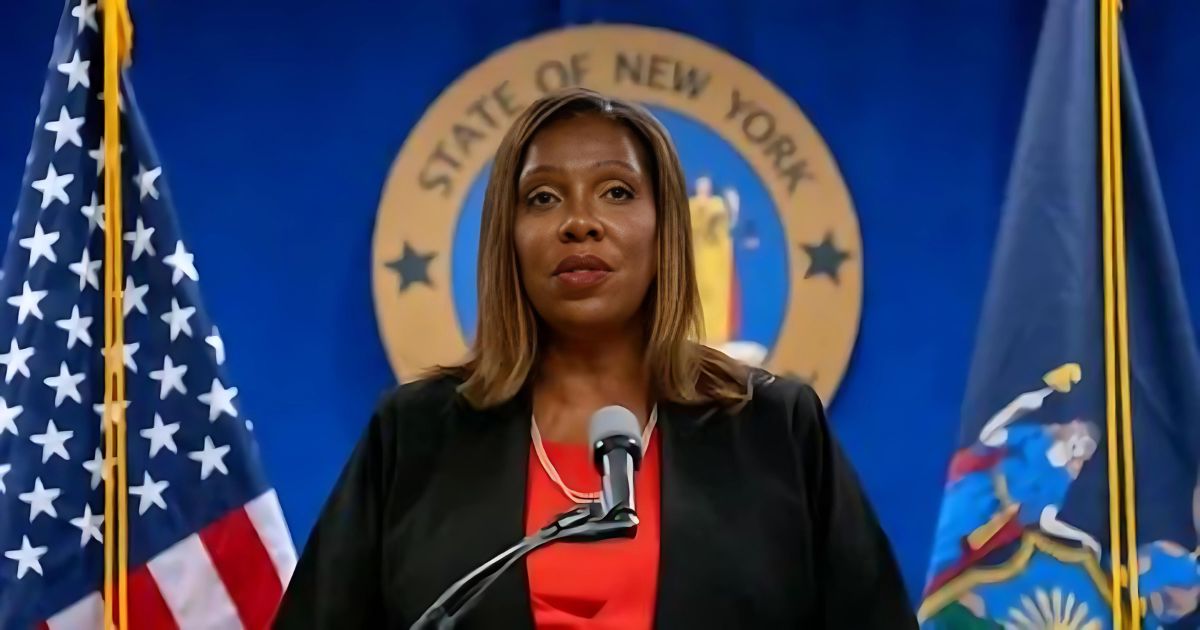
Wow Thanks for this write-up i find it hard to come across good information out there when it comes to this blog posts thank for the review website
Wow Thanks for this blog post i find it hard to get good ideas out there when it comes to this subject matter appreciate for the write-up website